2013 年 12 月六级考试真题(第三套)
Directions: In this section, you are going to read a passage with ten statements attached to it. Each statement contains
information given in one of the paragraphs. Identify the paragraph from which the information is derived.
You may choose a paragraph more than once. Each paragraph is marked with a letter. Answer the questions
by marking the corresponding letter on Answer Sheet 2.
The College Essay: Why Those 500 Words Drive Us Crazy
[A] Meg is a lawyer-mom in suburban Washington, D.C., where lawyer-moms are thick on the ground. Her son Doug is
one of several hundred thousand high-school seniors who had a painful fall. The deadline for applying to his favorite
college was Nov. 1, and by early October he had yet to fill out the application. More to the point, he had yet to settle
on a subject for the personal essay accompanying the application. According to college folklore, a well-turned essay
has the power to seduce ( 诱 惑 ) an admissions committee. “He wanted to do one thing at a time,” Meg says,
explaining her son’s delay. “But really, my son is a huge procrastinator (拖延者). The essay is the hardest thing to
do, so he’s put it off the longest.” Friends and other veterans of the process have warned Meg that the back and forth
between editing parent and writing student can be traumatic(痛苦的).
[B] Back in the good old days — say, two years ago, when the last of my children suffered the ordeal (折磨)—a high-
school student applying to college could procrastinate all the way to New Year’s Day of their senior year, assuming
they could withstand the parental pestering
( 烦 扰 ). But things change fast in the nail-biting world of college
admissions. The recent trend toward early decision and early action among selective colleges and universities has
pushed the traditional deadline of January up to Nov. 1 or early December for many students.
[C] If the time for heel-dragging has been shortened, the true source of the anxiety and panic remains what it has always
been. And ifs not the application itself. A college application is a relatively straightforward questionnaire asking for
the basics: name, address, family history, employment history. It would all be innocent enough — 20 minutes of
busy work — except it comes attached to a personal essay.
[D] “There are good reasons it causes such anxiety,” says Lisa Sohmer, director of college counseling at the Garden
School in Jackson Heights, N.Y. “It’s not just the actual writing. By now everything else is already set. Your course
load is set, your grades are set, your test scores are set. But the essay is something you can still control, and i t’s
open-ended. So the temptation is to write and rewrite and rewrite.” Or stall and stall and stall.
[E] The application essay, along with its mythical importance, is a recent invention. In the 1930s, when only one in 10
Americans had a degree from a four-year college, an admissions committee was content to ask for a sample of
applicants’ school papers to assess their writing ability. By the 1950s, most schools required a brief personal
statement of why the student had chosen to apply to one school over another.
[F] Today nearly 70 percent of graduating seniors go off to college, including two-year and four- year institutions. Even
apart from the increased competition, the kids enter a process that has been utterly transformed from the one baby
boomers knew. Nearly all application materials are submitted online, and the Common Application provides a one-
size-fits form accepted by more than 400 schools, including the nation’s most selective.
[G] Those schools usually require essays of their own, but the longest essay, 500 words maximum, is generally attached
to the Common Application. Students choose one of six questions. Applicants are asked to describe an ethical
dilemma they’ve faced and its impact on them, or discuss a public issue of special concern to them, or tell of a
fictional character or creative work that has profoundly influenced them. Another question invites them to write
about the importance (to them, again) of diversity — a word that has assumed magic power in American higher
education. The most popular option: write on a topic of your choice.
[H] “Boys in particular look at the other questions and say, ‘Oh, that’s too much work,’” says John Boshoven, a
counselor in the Ann Arbor, Mich., public schools. “They think if they do a topic of their choice, ‘I’ll just go get that
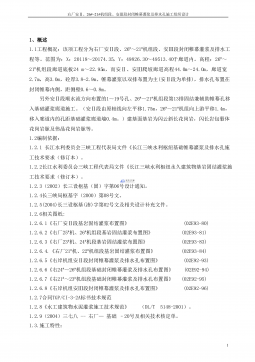
 2024-11-22 10
2024-11-22 10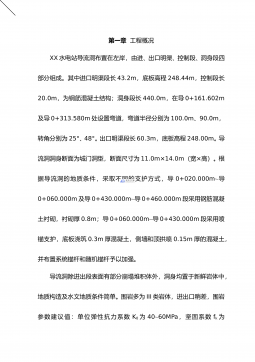
 2024-11-22 11
2024-11-22 11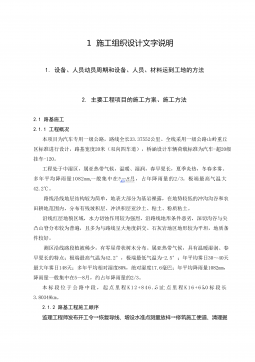
 2024-11-22 12
2024-11-22 12
 2024-11-22 12
2024-11-22 12
 2024-11-22 17
2024-11-22 17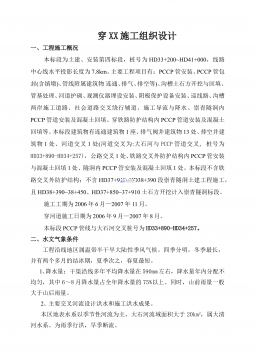
 2024-11-22 12
2024-11-22 12
 2024-11-22 13
2024-11-22 13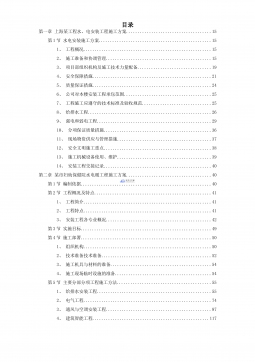
 2024-11-22 14
2024-11-22 14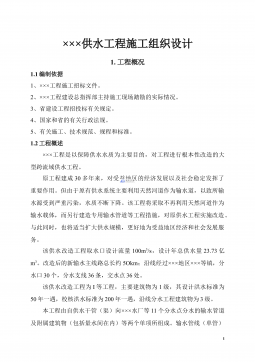
 2024-11-22 18
2024-11-22 18
 2024-11-22 15
2024-11-22 15
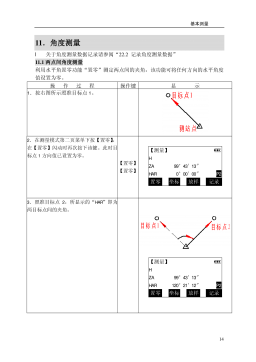
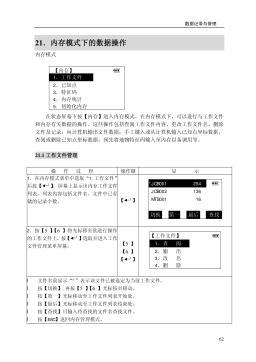

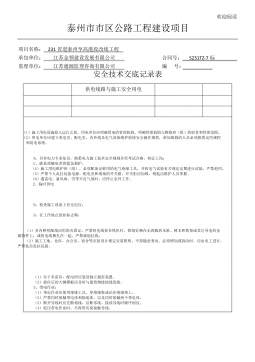




 渝公网安备50010702506394
渝公网安备50010702506394
